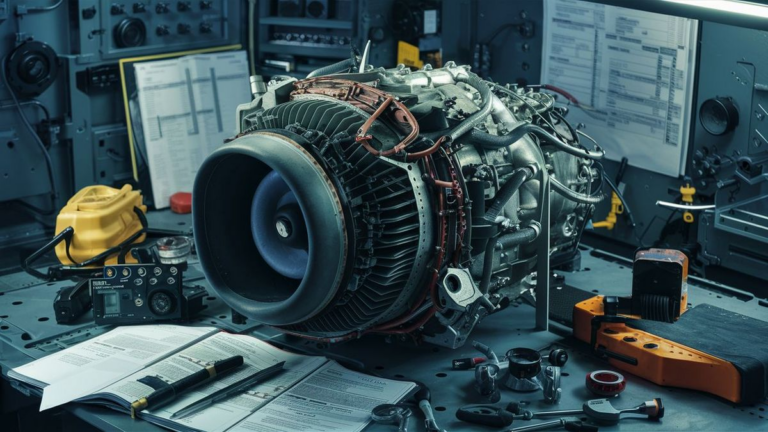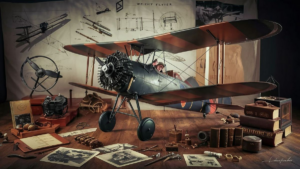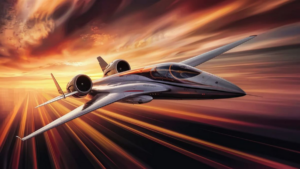As aircraft technology continues to advance, the role of aircraft mechanics and service technicians becomes increasingly crucial. Aircraft mechanics and service technicians are skilled professionals responsible for ensuring the safety and functionality of aircraft. They perform inspections, maintenance, and repairs on various aircraft components, ranging from engines and landing gear to electrical systems and avionics.
These professionals work in a variety of settings, including commercial airlines, aerospace manufacturing companies, and maintenance repair organizations (MROs). Their expertise is vital to the aviation industry, as they play a significant role in keeping aircraft in optimal condition and ensuring compliance with strict safety regulations.
The Role of an Aircraft Mechanic
The primary responsibility of an aircraft mechanic is to inspect, troubleshoot, and repair aircraft systems and components. This includes conducting routine inspections, diagnosing mechanical or electrical issues, and performing necessary repairs to ensure the aircraft’s airworthiness.
Aircraft mechanics must possess a strong understanding of aircraft systems and components, including engines, hydraulics, avionics, and airframes. They use specialized tools and equipment to perform maintenance and repairs, following strict safety protocols and procedures.
Education and Training
Becoming an aircraft mechanic typically requires formal training and certification. Many professionals pursue an FAA-approved aviation maintenance technician program, which provides hands-on training and coursework in aircraft maintenance, repair, and inspection.
Upon completing their training program, aspiring aircraft mechanics must obtain certification from the Federal Aviation Administration (FAA). This certification involves passing written and practical exams to demonstrate proficiency in aircraft maintenance and safety procedures.
Job Outlook and Opportunities
The demand for aircraft mechanics and service technicians is expected to remain strong in the coming years, driven by the continuous growth of the aviation industry. According to the Bureau of Labor Statistics, employment of aircraft and avionics equipment mechanics and technicians is projected to grow X% from 2020 to 2030, faster than the average for all occupations.
Additionally, advancements in aircraft technology, such as the development of more fuel-efficient engines and advanced avionics systems, will create new opportunities for skilled professionals in this field. Aircraft mechanics and service technicians with specialized training in emerging technologies may have a competitive edge in the job market.
Aircraft mechanics and service technicians play a critical role in ensuring the safety and reliability of aircraft. Their expertise and dedication contribute to the smooth operation of the aviation industry, allowing passengers and cargo to travel safely around the world. As technology continues to evolve, the demand for skilled aircraft mechanics will remain high, making this an exciting and rewarding career choice for those passionate about aviation.
Specialized Training Programs
In addition to formal education and certification, specialized training programs offer opportunities for aircraft mechanics to enhance their skills in specific areas. These programs may focus on advanced avionics, composite materials, or specialized maintenance techniques.
By participating in these programs, mechanics can stay updated with the latest advancements in aircraft technology and broaden their expertise, making them more competitive in the job market.
Continuing Education and Professional Development
Continuing education is essential for aircraft mechanics to stay abreast of new regulations, technologies, and best practices in the industry. Many organizations offer workshops, seminars, and online courses tailored to the needs of aircraft maintenance professionals.
Engaging in continuous learning not only ensures compliance with evolving industry standards but also fosters personal and professional growth, opening up opportunities for career advancement and specialization.
Frequently Asked Questions
| Question | Answer |
|---|---|
| What are the typical duties of an aircraft mechanic? | Aircraft mechanics are responsible for inspecting, troubleshooting, and repairing various aircraft systems and components. They conduct routine inspections, diagnose mechanical or electrical issues, and perform necessary repairs to ensure the aircraft’s airworthiness. |
| How can I become an aircraft mechanic? | To become an aircraft mechanic, you typically need to complete a formal aviation maintenance technician program approved by the FAA. After completing the program, you must obtain certification from the FAA by passing written and practical exams. |
| What is the job outlook for aircraft mechanics? | The demand for aircraft mechanics and service technicians is projected to grow faster than the average for all occupations, driven by the continuous growth of the aviation industry and advancements in aircraft technology. |
| Are there opportunities for specialization in the field of aircraft maintenance? | Yes, aircraft mechanics can pursue specialized training programs in areas such as advanced avionics, composite materials, or specialized maintenance techniques to enhance their skills and stay competitive in the job market. |
See also:






